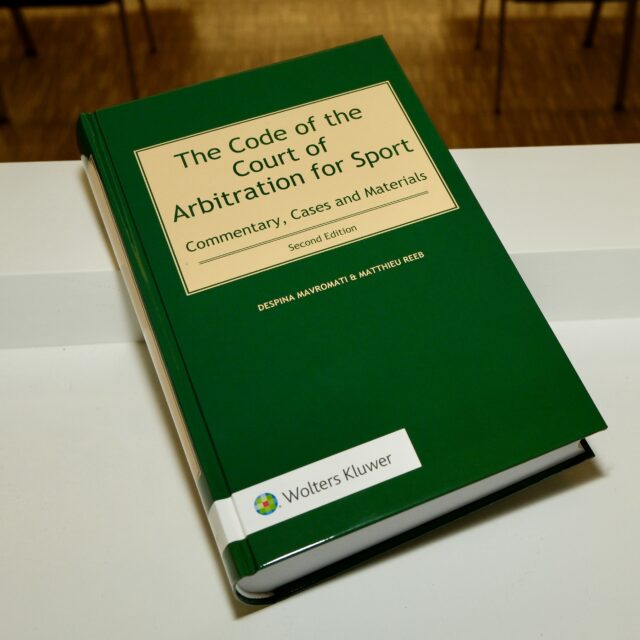SFT Judgment 4A_232/2024 of 3 October 2024, motion to set aside CAS 2022/A/9157
In this case, a dispute arose between a professional footall club (Club A), a football player (the Player) and another football club (Club C) over the validity of a contract between Club A and the Player and the authenticity of the Player’s signature. The case involved various claims to the FIFA Tribunal and then to the CAS. The main contentious point related to the validity of the contract, which was annuled by FIFA and the CAS and the graphological expertise (handwriting analysis) of the signatures on the contract, which the CAS ultimately dismissed as insufficient.

Club A filed a motion to challenge the award alleging a violation of its right to be heard but this was immediately dismissed by the SFT based on the elements of the award. Club A also alleged that the Player and Club C had acted in bad faith by opposing the graphological analysis and adopted a contradictory conduct regarding the appeal, however the respondents’ conduct could not amount to bad faith, all the more based on the wide powers granted to the CAS Panel based on Article R57 of the CAS Code. The SFT also confirmed the assesment of the evidence made by the CAS, which found that the signatures in the disputed contract were not authentic.
The SFT reiterated the large authority of CAS Panels in reviewing facts and applying the law in CAS appeal proceedings
This case emphasizes the importance of thorough evidence assessment in sports arbitration, especially regarding contract validity and the authentication of signatures. The SFT also reaffirmed the large autonomy of the CAS in reviewing facts and applying legal principles, such as those related to the burden of proof and the scope of review under the CAS Code.








